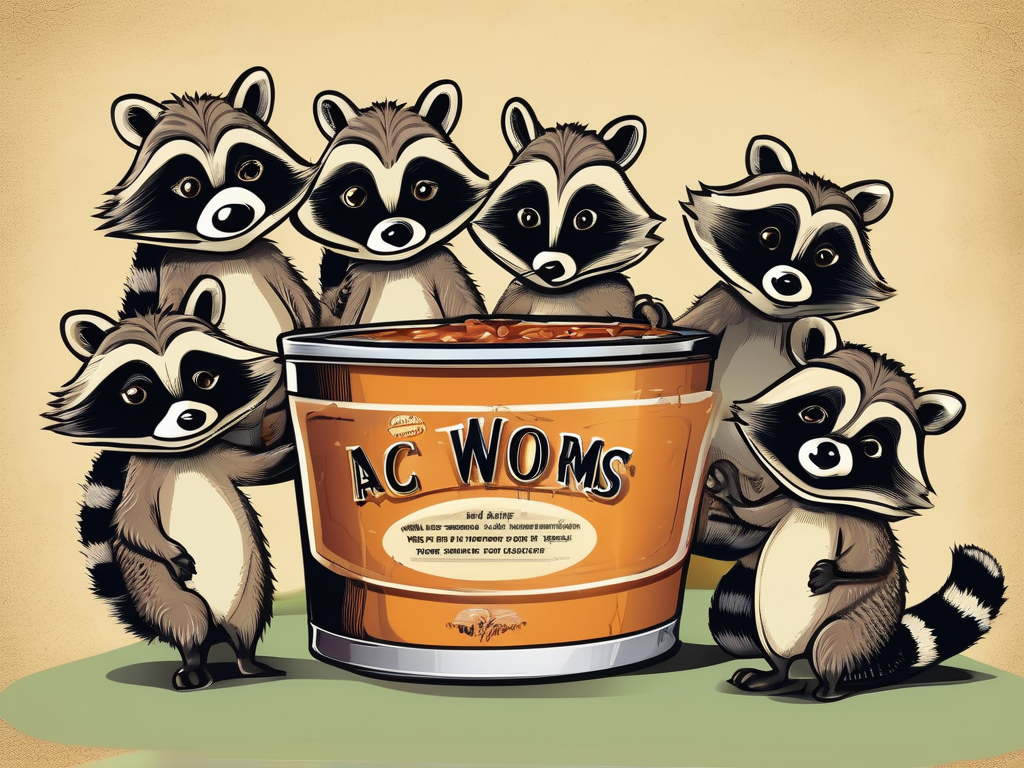
## A Can of Worms (and Soup): AI, Raccoons, and Our Collective Descent
Right. Let’s talk about priorities, shall we? Because apparently, while humanity wrestles with existential dread, climate catastrophe, and increasingly bizarre political landscapes, *this* is what demands our attention: a raccoon in Little Rock, Arkansas, hopelessly wedged inside a Campbell’s Chunky Soup can. A raccoon! With its head! Stuck! And paramedics – bless their cotton socks – had to be called out for the rescue. Honestly, I’m picturing them rolling their eyes so hard they nearly detached from their skulls.
And you know what else is stuck? We are. Stuck in this relentless cycle of chasing technological marvels while a critter finds more engaging entertainment in discarded processed food packaging. Because *that* makes sense, doesn’t it? We’re pouring billions into creating increasingly sophisticated language models – complex algorithms capable of generating text that, at best, mimics human conversation – and the pinnacle of its impact is…well, nothing. Absolutely nothing. It just sits there, humming quietly in a server farm while somewhere, a raccoon is experiencing the profound indignity of soup-can entrapment.
It’s wonderfully ironic, isn’t it? We build these digital behemoths promising to unlock the secrets of the universe, and they end up as elaborate distractions from the fact that wildlife are finding more creative ways to amuse themselves than we ever could. I suspect, if given the choice, the raccoon would have preferred a decent apple or some grubs. But no, it opted for canned tomato basil. Clearly, an excellent life choice.
Honestly, at this point, I’m half expecting these large language models to start organizing rescue missions for wildlife entangled in refuse. It’s probably more practical than anything they’re currently capable of producing. Maybe the raccoon can write a better poem anyway.